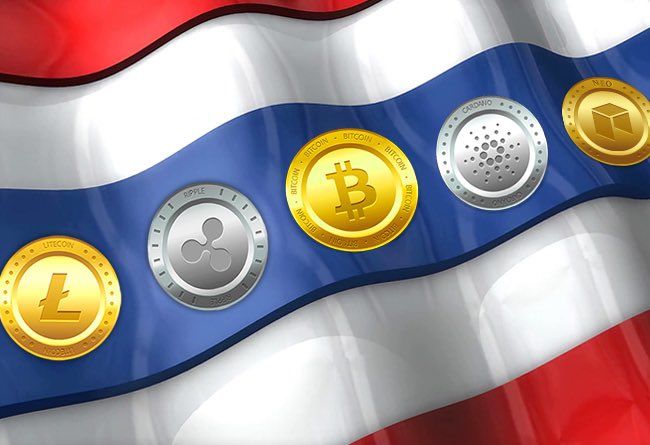Former Prime Minister of Thailand, Thaksin Shinawatra, has voiced strong support for legalizing cryptocurrencies, stablecoins, and online gambling. This was at an event in Bangkok on January 13, 2025.
Two Birds with One Stone: Legalizing Gambling and Crypto
It is estimated that there are 2 to 4 million active online gamblers in Thailand and annual transaction volumes of up to 500 billion baht. However, Thaksin estimates that taxing the sector at 20% could yield approximately 100 billion baht ($2.89 billion) in annual revenues.
Besides adding revenue, legalizing online gambling could create jobs and boost tourism, aligning with Thailand’s goal of welcoming 40 million visitors annually.
Furthermore, he advocated for greater acceptance of cryptocurrencies and stablecoins in Thailand’s financial ecosystem. Using digital currencies backed by fiat could provide a secure and efficient means of payment.
He urged the Thai Securities and Exchange Commission (SEC) to adopt a more progressive approach that facilitates stablecoin trading and integrates crypto payments into everyday transactions.
Thaksin suggested Phuket as a pilot site for crypto-based payment systems.
Implications of Thaksin’s Proposals for Thailand
Thailand could attract international investment and talent in blockchain technology by positioning itself as a crypto-friendly nation. This is because the proposals come at a time when global attitudes toward digital currencies are shifting.
Furthermore, Thailand already ranks among the top ten globally for crypto adoption, with millions of users actively trading digital assets like Bitcoin and Ethereum. Legalizing stablecoins could propel and further solidify its status as a regional leader in digital finance.
While there is an opportunity for greater tax revenue, specifically from gambling, it could exacerbate social issues such as addiction, debt, and crime. For example, organizations like the Stop Gambling Foundation have expressed doubts about the government’s ability to mitigate these risks effectively.
Historically, the Bank of Thailand has been skeptical of stablecoins due to concerns about financial stability. This emphasizes the need for regulators to balance innovation with safeguards against misuse.
Despite younger generations probably embracing these changes, older and more conservative generations could resist reforms perceived as undermining traditional values.
As discussions move forward, the Thai government will need to carefully navigate social concerns and regulatory complexities to ensure that these reforms deliver on their promise without unintended consequences.
READ MORE: Will Shiba Inu Price Surge as Shibarium Nears Key Milestone?













